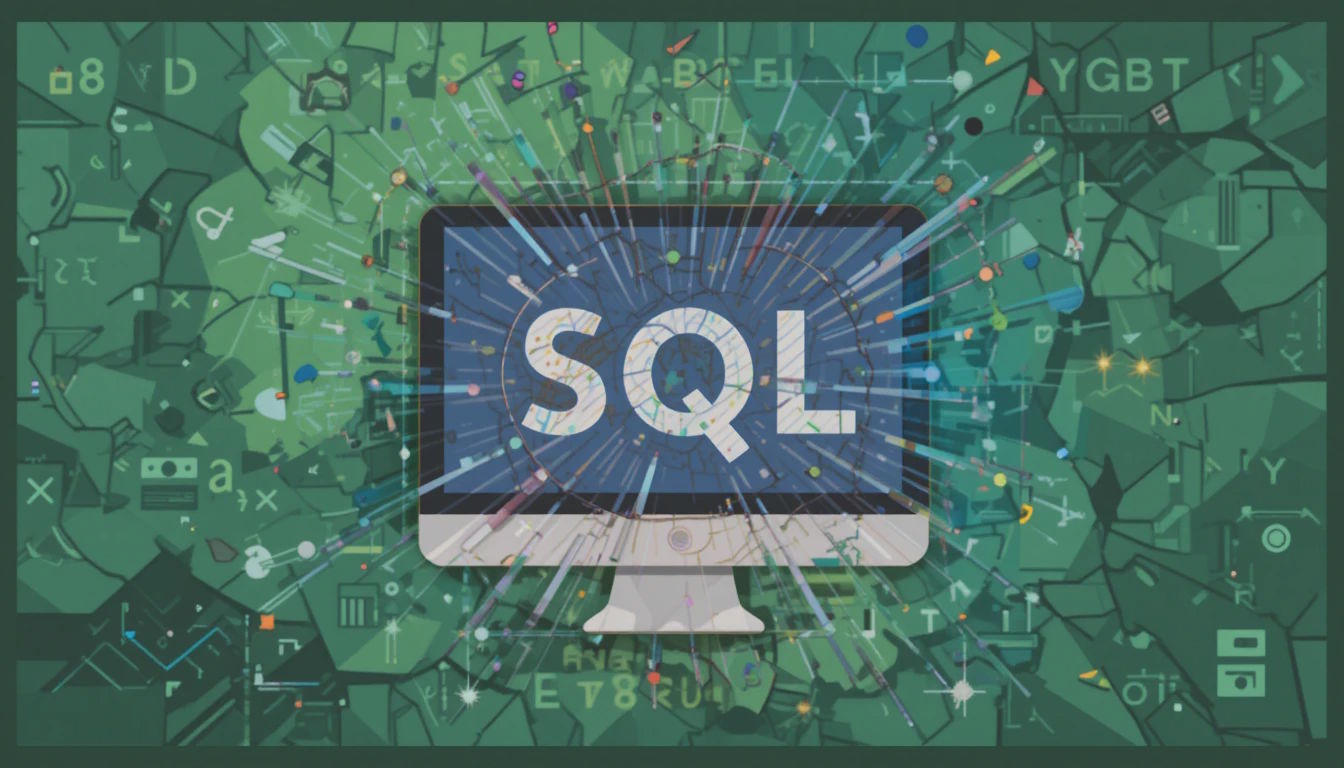
In today's data-driven world, SQL is no longer a niche technical skill but a fundamental tool for business empowerment. By enabling employees to answer their own questions and analyse information efficiently, companies can foster a culture of self-service analytics, make evidence-based decisions, and gain a significant competitive advantage. Ultimately, SQL literacy enables employees to transform from passive data consumers into active, invaluable drivers of growth.
Here’s a breakdown of why SQL knowledge is so crucial for a modern company, categorised by the benefits it brings.
1. Data-Driven Decision Making
This is the single biggest reason. Companies run on data. SQL is the key to unlocking that data.
From Guesswork to Evidence
Instead of relying on intuition or waiting for a report from the data team, employees can directly query the database to answer specific business questions.
Example: A marketing manager can quickly check: "Which of our last three campaigns generated the highest number of qualified leads in the APAC region?" instead of asking an analyst and waiting hours or days.
Empowerment
It democratises data access, allowing individuals to explore data freely and discover new insights without being a bottleneck to a centralised data team.
2. Efficiency and Speed
Self-Service Analytics
Employees can get answers to their questions instantly. This eliminates the back-and-forth communication with data analysts, freeing up both the employee and the analyst's time for more complex tasks.
Automation of Repetitive Tasks
Instead of manually exporting a CSV file every week and using Excel to generate the same summary, an employee can write a single SQL query once, save it, and run it whenever needed, or even automate it further.
3. Depth of Analysis
While tools like Excel are powerful, they have limits (e.g., row limits, processing power). SQL is designed to handle massive datasets.
Complex Questions
SQL allows for joining multiple tables, performing complex aggregations, and using window functions to ask sophisticated questions that are impossible or extremely cumbersome in a spreadsheet.
Example: "What is the month-over-month growth rate for each product category, and how does it correlate with the launch of a new feature logged in a separate events table?" This requires joining several large tables, which is SQL's speciality.
4. Universal Language for Data
SQL is a standardised language used across virtually every database system (e.g., MySQL, PostgreSQL, Microsoft SQL Server, BigQuery, Snowflake, Redshift).
Common Skill Set
Once an employee learns SQL, they can work with data from almost any part of the business (e.g., sales, marketing, finance, operations) because the data is likely stored in a SQL-speaking database.
Better Communication
Even if an employee isn't writing complex queries, understanding SQL helps them communicate their data needs more effectively to the data team. They can articulate their needs more effectively, leading to more accurate results.
5. Career Development and Value
For the individual employee, SQL is a highly marketable and valuable skill.
Increased Value
An employee who can independently work with data is significantly more valuable to the company than one who cannot.
Career Advancement
Data literacy is a key differentiator for promotions and moving into roles with greater responsibility. It's a core component of "analytical skills" listed in job descriptions for roles far beyond tech (e.g., Product Managers, Marketing Managers, Financial Analysts, Operations Managers).
Who Specifically Needs It?
- Data Analysts & Scientists: Core job function. Writes complex queries for reports, dashboards, and advanced analysis.
- Software Developers: Interacts with databases to build and maintain applications (CRUD operations).
- Product Managers: Analyses user behavior (e.g., feature adoption, A/B test results) to make product decisions.
- Marketing Managers: Measures campaign ROI, analyses customer segments, and tracks conversion funnels.
- Sales Managers & Reps: Analyses sales pipelines, forecasts revenue, and identifies high-value prospects.
- Finance Analysts: Generates financial reports, reconciles transactions, and analyses costs.
- Operations Managers: Optimise supply chains, track inventory levels, and analyse logistical efficiency.
Conclusion
SQL is not just a technical skill; it's a business skill. It is the fundamental tool for accessing, analysing, and deriving meaning from the vast amounts of data a company generates. Investing in SQL literacy across an organisation leads to:
- Faster and better decisions.
- More efficient and empowered employees.
- Reduced bottlenecks on specialised data teams.
- A stronger, more data-literate culture.
In today's economy, a company that can leverage its data effectively has a significant competitive advantage. Widespread SQL knowledge is a direct enabler of that.